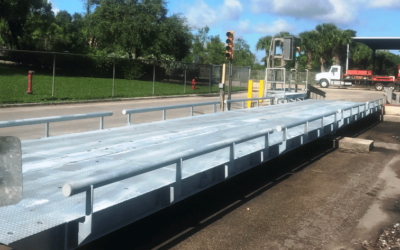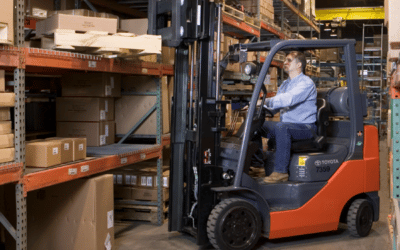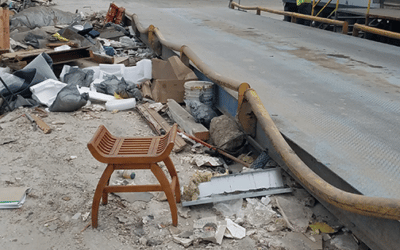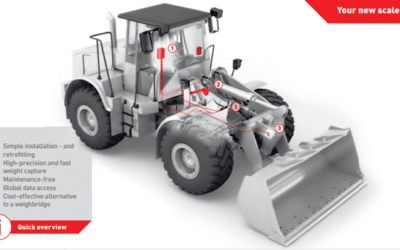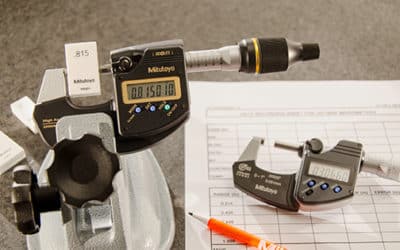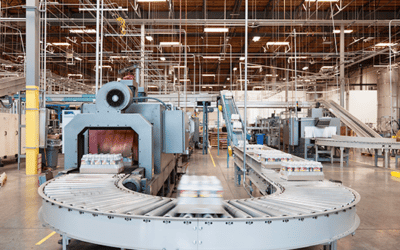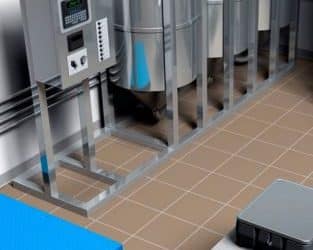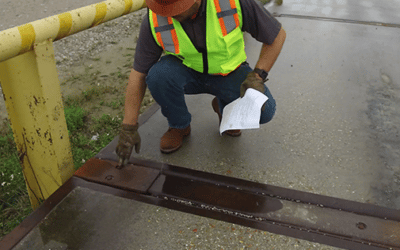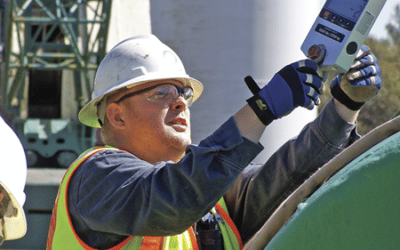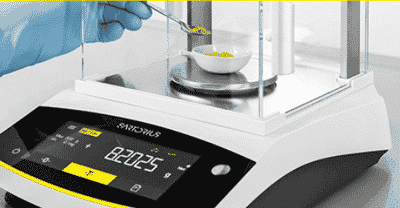Michelli Weighing & Measurement Blog
Setting the Standard in Quality Service Since 1947The Michelli Weighing & Measurement blog is full of helpful information from our experts & the manufacturers we represent.
Galvanized Equipment | What is it & What are its Benefits? – B-TEK Scales
B-TEK Scales explains what galvanizing is, the different types of galvanizing processes, and how it could increase the usable life of your equipment by protecting it from the elements. Learn more in this post.
Serial or Ethernet | Which Interface is Right for You?
From the beginning the most common interface for this machine to machine communication was a protocol called RS232. This was a method of transmitting a stream of characters & came to be called “serial” because both the bits that made up each character and the characters themselves were transmitted one after the other. But starting in the 2000’s, and particularly since 2010, many scales have come with another more powerful and modern interface, Ethernet.
Avery Weigh-Tronix Forklift Scales Provide Unparalleled Productivity and Accuracy
Avery Weigh-Tronix forklift scales provide unparalleled productivity and accuracy by allowing users to weigh during other operations. Learn more in this post.
Inaccurate Scales: The Real Cost
Inaccurate scales could cost a company thousands each year. Business owners can easily prevent inaccuracies by investing in quality equipment, performing routine preventative maintenance & ensuring proper use of the scale. Learn more in this post.
Wheel Loader Scales from Pfreundt
Wheel weigher scales help users increase efficiency. By monitoring the weight of materials as they are being loaded, time isn’t wasted by transporters being over or underweight.
Mitutoyo | What is a Calibration?
In this post, Mitutoyo defines calibration & the importance of defining clear expectations when requesting calibration service. They also explain how equipment that is out of tolerance can expose organizations to huge risks, and what a calibration certificate should include.
Planning for Weighing System Failure
Plans for implementing a weighing system should also include specifications for how the system should fail. In the event of a power outage or other interruption, having planned for how the weighing system should fail could mean the difference between a dangerous situation and simple unplanned downtime.
The Importance of Accurate Weight Instrumentation | Avery Weigh-Tronix
Accurate weight instrumentation is crucial in all industries. Learn more about how Avery Weigh-Tronix products, and a quality service provider like Michelli Weighing & Measurement, can help you ensure accuracy in this post.
Truck Scale Maintenance & Care Guide
In this post, we review lists of daily, weekly, monthly and semi annual truck scale maintenance related tasks that you can do on your own to keep your scale in great working order.
What are Overhead Weighing Solutions | Rice Lake
Rice Lake & MSI design overhead weighing solutions with two things in mind: accuracy & safety. Learn about these solutions, and which may be the best fit for you, in this blog post.
What Can Truck Scale Software Do For You?
Truck scale software can help you keep track of inbound and outbound weights. But did you know these programs can also help you streamline operations and keep records without any additional manual labor? Learn more in this post.
Why Choose the Sartorius Entris II Balance | Sartorius
The Sartorius Entris® II Essential and Advanced balance lines contain over 80 models, covering a weighing range from 60 grams to 12 kilograms and readability from 0.1 milligrams to 1 gram. Learn more about what makes the Entris® II unique in this post from Sartorius.

